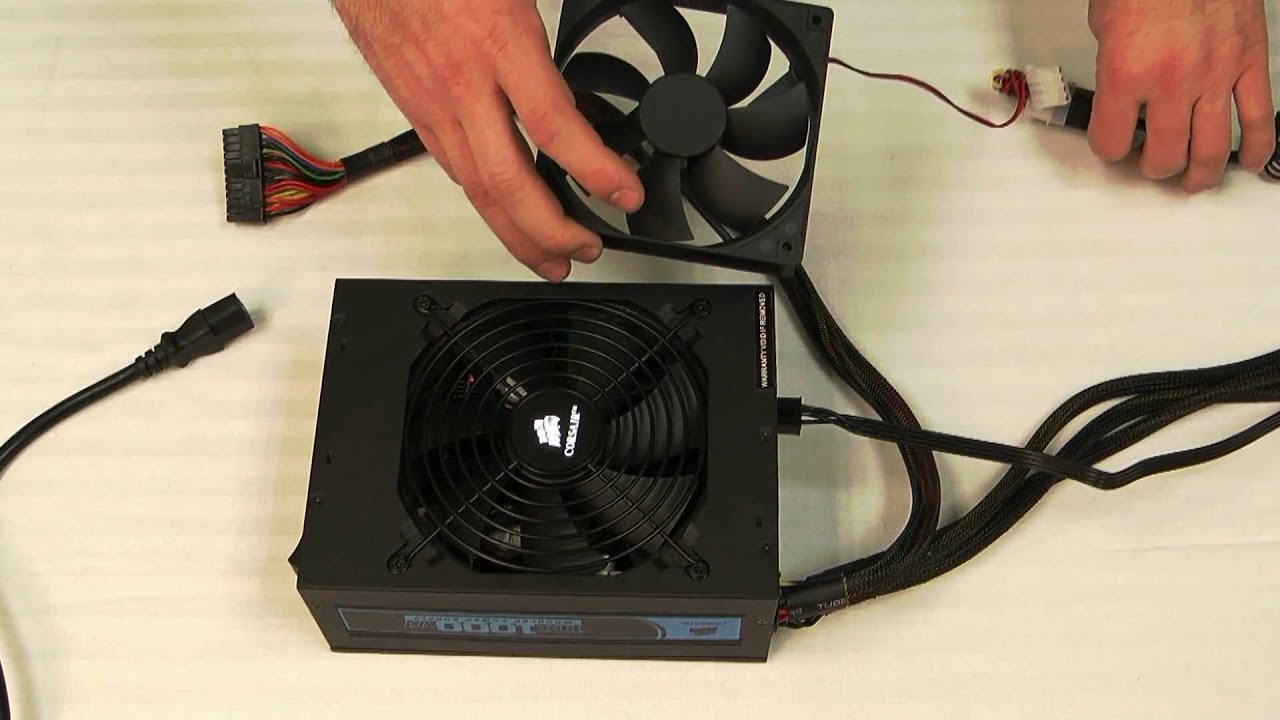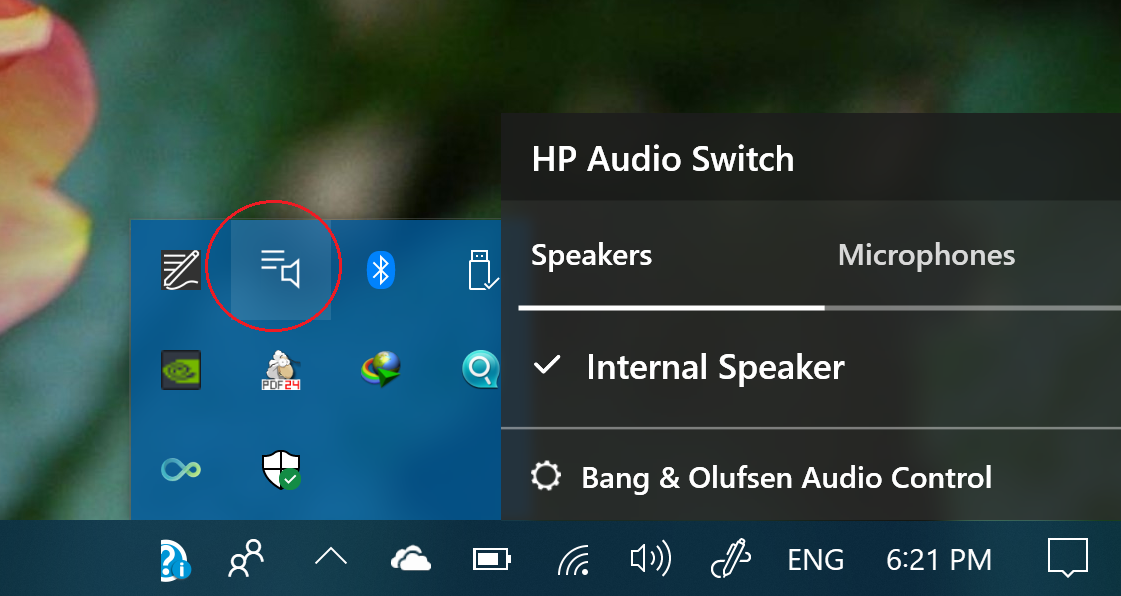Upgrading your power supply unit(PSU) is a pivotal decision that can significantly impact your computer’s performance, stability and longevity. While not always mandatory, recognizing the key indicators that signal the need for an upgrade is crucial. In this comprehensive guide, we will delve into the various aspects that dictate when it’s the right time to enhance your power supply for optimal system functioning.
Understanding Power Requirements
The initial step in gauging the necessity of an upgrade lies in understanding your system’s power requirements relative to your existing PSU’s wattage. Should the power demands of your components push your PSU to it’s limits, it’s time to contemplate a replacement. Vigilantly watch for telltale signs such as frequent system restarts, noticeable overheating, or the emergence of unusual noises. These symptoms could well indicate that your current power supply is falling short in meeting your system’s energy needs.
Upgrading Components or Overclocking
Are you in the process of incorporating new hardware components into your system or considering overclocking? These actions inevitably alter your setup’s power consumption dynamics. To accurately assess the power demands of your upgraded build, a useful strategy is to utilize online tools like PCPartPicker. If the projected power increase is moderate, your existing PSU might still suffice. However, in the case of substantial power hikes, it’s imperative to ascertain that your PSU is well-equipped to handle the enhanced load.
For instance, let’s take the example of a system that initially requires 525 watts of power(225 watts for an RTX 2080 GPU and 300 watts for the rest of the components). In this scenario, a 650W PSU would be adequate. However, envision a scenario where you plan to upgrade to an RTX 3080(with a peak power consumption of 320 watts). To ensure smooth performance, it’s advisable to invest in a 750W+ PSU.
Furthermore, bear in mind that overclocking exerts additional strain on the power supply. Should your PSU be unable to accommodate the increased power demands, you might experience frequent system restarts or even encounter the dreaded blue screen of death.
Detecting Abnormal PSU Noise
While a certain degree of gentle airflow noise is expected, any unusual or disruptive noises emanating from your PSU warrant immediate attention. While mild clicking or buzzing issues might be remedied, louder or irregular noises often signify more serious problems. Addressing excessive fan noise could involve cleaning the PSU or replacing worn-out fan bearings. It’s essential to recognize that unresolved issues like clicking and buzzing could escalate, leading to overheating or even electrical malfunctions, necessitating PSU replacement.
Aging PSU Concerns
The impact of aging on a power supply unit varies based on it’s quality and manufacturer. Reputable PSU brands tend to maintain their performance over time, whereas lower-quality models might exhibit deterioration sooner, adversely affecting overall system stability. Prominent PSU manufacturers often offer warranties spanning from 5 to 7 years, ensuring reliable operation within that timeframe. However, this doesn’t imply that these units become unusable beyond the warranty period. A well-crafted PSU from a trusted brand, like my own EVGA Supernova 550 G3 with a 7-year warranty, can reasonably be expected to function optimally for decades under suitable usage patterns and environmental conditions.
Conversely, lower-end PSUs may falter even before their stipulated warranty period expires. Hence, when considering the addition of high-end components such as graphics cards, it’s prudent to evaluate whether your existing PSU can adequately support the new requirements. Failing to do so might lead to unforeseen issues down the line.
Additional IndicatAQ2ors
Beyond the primary factors mentioned above, there are additional indicators that shouldn’t be overlooked:
Check PSU Fans: The consistent operation of the PSU fan is crucial. Unless utilizing Eco or Hybrid fan modes, the fan should maintain steady rotation, irrespective of temperature or load.
Monitor Exhaust Air: Assess the temperature of the air being exhausted from the PSU vents. Excessive heat might signify impending overheating, necessitating immediate action to prevent damage.
Beware of Electric Shocks: Experiencing electric shocks when touching the PC case might indicate a short circuit or current leakage within the PSU, requiring prompt attention.
Notice Unusual Smells: Detecting unusual smells akin to burning wires near your PC necessitates swift disconnection to prevent potential fire hazards. This strongly indicates a failing PSU that demands replacement.
Aiming for Greater Energy Efficiency: Opting to upgrade for enhanced power supply efficiency not only reduces energy consumption but also leads to long-term savings on electricity bills. Here’s a concise guide to help you choose between an 80 PLUS Gold or 80 PLUS Platinum PSU.
Seeking Reputable Brands: If plagued by consistent system instabilities, consider acquiring a PSU from a reputable brand such as Corsair, EVGA, or Seasonic. These manufacturers are renowned for their high-quality builds and superior customer support.
Conclusion
To ensure a seamless computing experience, especially when contemplating future system upgrades, investing in a high-wattage, top-notch PSU is a prudent decision. By being attuned to the warning signs and thoroughly evaluating your system’s energy demands, you can make an informed choice regarding when it’s appropriate to upgrade your power supply. Remember, the right PSU is the bedrock of a stable and high-performing computer system, safeguarding your components and enhancing your overall computing journey.
Experiencing difficulties with your Device, check out our “How To” page on how to resolve some of these issues.







